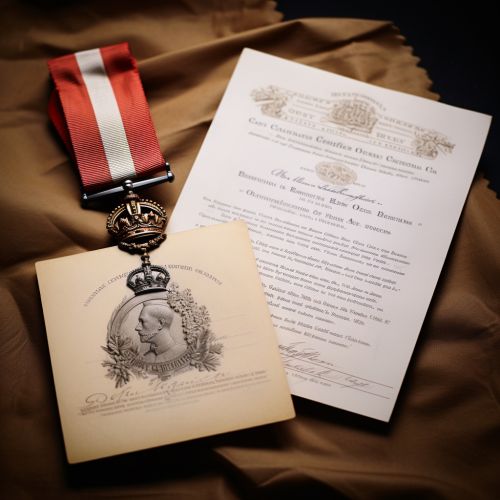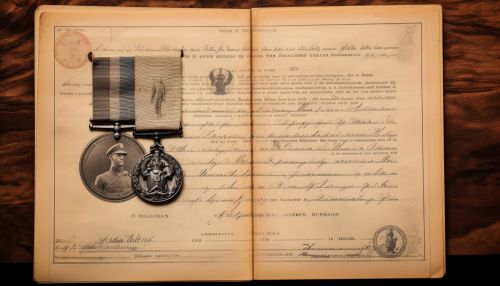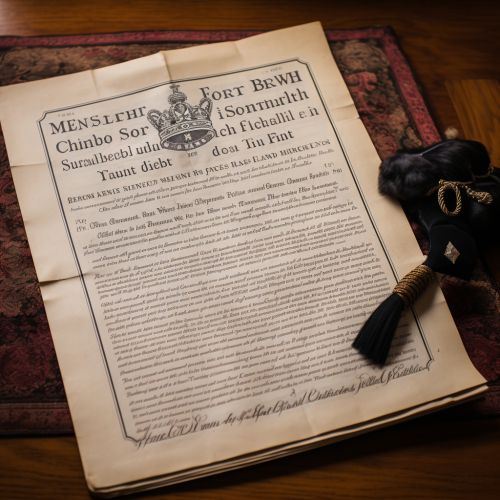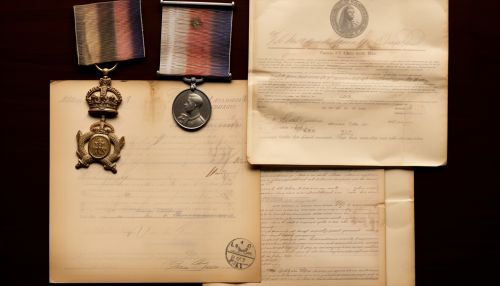First World War
Origins of the War
The First World War, also known as the Great War, originated from a complex web of alliances, rivalries, and conflicts among the major powers of Europe. The immediate spark was the assassination of Archduke Franz Ferdinand of Austria-Hungary by a Serbian nationalist in June 1914. Austria-Hungary's subsequent declaration of war against Serbia triggered a chain reaction of alliances that escalated into a full-scale war.


Combatants
The war was fought between two major alliances: the Central Powers, primarily Germany, Austria-Hungary, and the Ottoman Empire; and the Allied Powers, consisting of France, Russia, and the United Kingdom. Many other nations, including Italy, Japan, and the United States, would later join the Allies.
Western Front
The Western Front was characterized by trench warfare, where both sides dug extensive networks of trenches and fortifications. The front line remained relatively static for most of the war, with neither side able to achieve a decisive breakthrough.
Eastern Front
The Eastern Front was marked by much greater mobility, but also greater losses. The Russian Empire, ill-equipped and poorly led, suffered a series of defeats at the hands of Germany and Austria-Hungary.
Naval warfare during the First World War was primarily a contest between the British Royal Navy and the German Imperial Navy. The most significant naval battle was the Battle of Jutland, which ended inconclusively.
Technology and Tactics
The First World War saw the introduction of many new technologies, including machine guns, tanks, and aircraft. These innovations, combined with outdated tactics, resulted in unprecedented levels of carnage.
Home Fronts
The war had a profound impact on civilian life, with many women entering the workforce to replace men who had gone to fight. Governments also took on new powers to control economies and maintain morale.
Aftermath
The war ended with the signing of the Treaty of Versailles in 1919. The treaty imposed heavy penalties on Germany and redrew the map of Europe, sowing the seeds for future conflicts.


